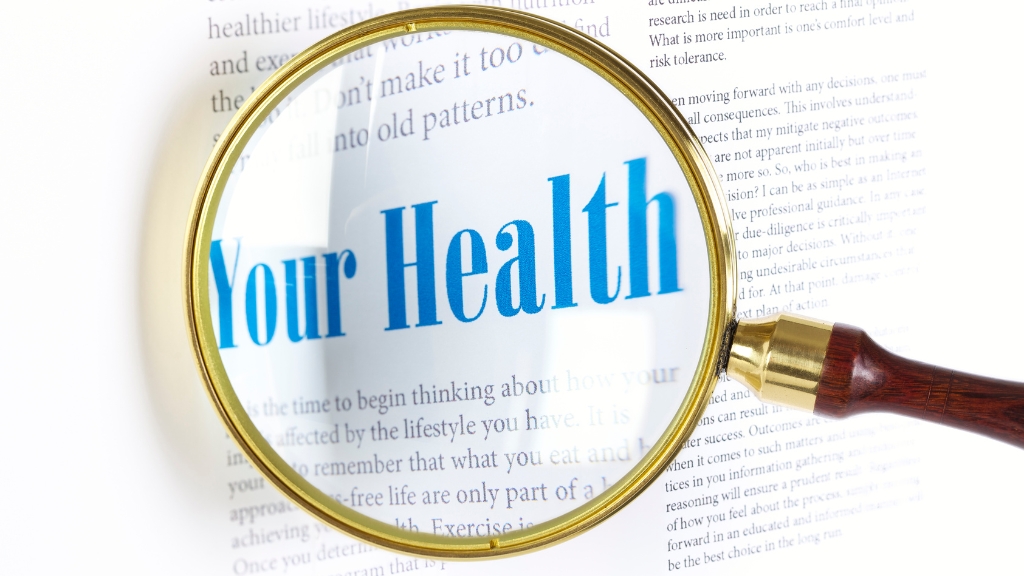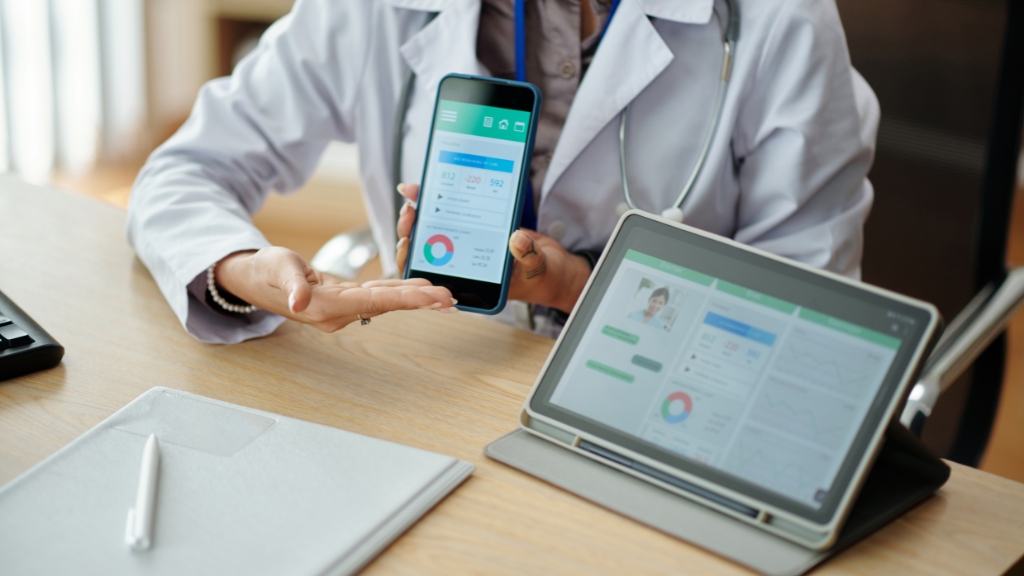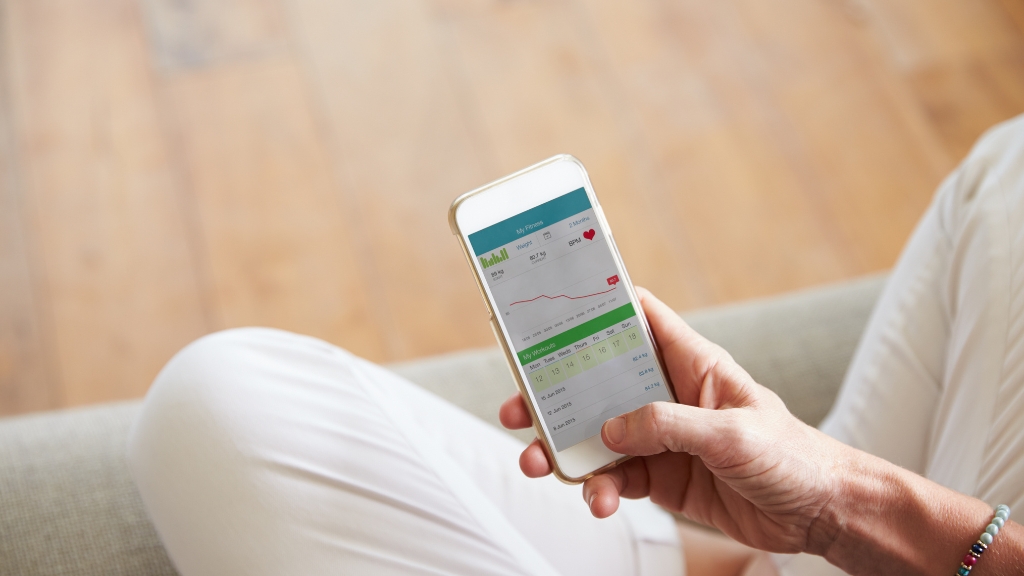
Your Health, Your Way: The Benefits of Using Healthcare Apps
In today’s fast-paced world, healthcare apps empower individuals to manage their health on their terms. From virtual consultations to personalized wellness tracking, healthcare apps are making healthcare more accessible, tailored, and proactive. By offering services that fit individual needs, these apps improve the patient experience and transform how people interact with their health.
- Convenience at Your Fingertips
Healthcare apps provide quick and easy access to essential health services and information. Whether booking appointments, accessing medical records, or consulting a doctor from home, healthcare apps eliminate unnecessary clinic visits and waiting times.
- Example: Apps like MyChart and Zocdoc allow users to schedule appointments, view test results, and communicate directly with healthcare providers, all from their smartphones.
- Benefit: Patients save time and effort, making healthcare more convenient and efficient.
- 24/7 Access to Medical Care
With healthcare apps, medical assistance is available around the clock. Many apps offer telemedicine services, enabling patients to connect with healthcare professionals for advice or diagnosis at any hour.
- Example: Teladoc and Doctor on Demand offer 24/7 virtual consultations, which can be life-saving for emergencies or those with demanding schedules.
- Benefit: Patients gain peace of mind knowing that help is just a tap away, anytime and anywhere.
- Personalized Health Monitoring
One of the standout features of healthcare apps is their ability to offer personalized health tracking. From heart rate monitoring to diet and exercise logging, these apps help users monitor their health metrics in real time, offering insights that help manage chronic conditions or improve overall wellness.
- Example: Apps like Fitbit and One Drop allow users to monitor various health metrics and provide reminders for medication, exercise, and more.
- Benefit: Users can actively participate in their health management, leading to improved outcomes and a greater sense of control over their wellness.
- Improved Medication Management
Medication management apps help patients keep track of their prescriptions, ensuring they take the proper medication at the right time. With features like dosage reminders, refill alerts, and information on potential side effects, these apps reduce the risk of medication errors and non-compliance.
- Example: Medisafe and MyTherapy provide medication tracking and reminders, particularly beneficial for those managing multiple prescriptions.
- Benefit: These apps help patients manage their treatments more effectively by supporting medication adherence.
- Access to Mental Health Resources
Mental health is an essential part of overall well-being, and many healthcare apps now provide resources to help users cope with stress, anxiety, and other mental health challenges. These apps, from guided meditation to online therapy, make mental health support more accessible.
- Example: Apps like Calm, Headspace, and Talkspace offer resources ranging from mindfulness exercises to virtual therapy sessions.
- Benefit: Mental health support is available without traditional in-person therapy’s stigma or logistical barriers, allowing individuals to get help when needed.
- Enhanced Health Data Management
Healthcare apps are centralizing medical records, allowing patients to easily access and share their health data with multiple healthcare providers. This consolidated approach improves continuity of care and ensures that all health information is in one place.
- Example: Apps like Apple Health and Google Fit integrate data from multiple devices and sources, providing a comprehensive view of the user’s health.
- Benefit: Patients and providers have a more complete picture of their health history, which can lead to better-informed care decisions.
- Cost Savings for Patients
With healthcare costs rising, many people look to save where they can. Healthcare apps often provide cheaper alternatives to in-person services, such as virtual consultations, which can be significantly more affordable than traditional visits. Additionally, preventive health features can help users avoid costly health issues.
- Example: Telehealth services and fitness apps reduce the need for frequent doctor visits and costly treatments.
- Benefit: Patients enjoy quality care at a fraction of the cost, making healthcare more accessible and affordable.
- Greater Patient Engagement and Education
Healthcare apps often provide valuable educational content to inform users about their conditions, treatments, and health maintenance strategies. This increased awareness empowers patients to make more informed decisions about their health.
- Example: Apps like WebMD and HealthTap provide articles, Q&A sessions with doctors, and other resources to answer users’ health questions.
- Benefit: Users become more engaged and proactive, leading to healthier lifestyles and more informed care choices.
- Support for Preventive Care
Preventive care is essential for maintaining long-term health, and many healthcare apps focus on encouraging preventive measures. From reminding users to get regular check-ups to promoting healthy habits, these apps play a crucial role in preventive health management.
- Example: Apps like Noom and Lose It! offer personalized weight management and fitness programs, helping users take preventive steps against lifestyle diseases.
- Benefit: Patients can actively work on preventing health issues, reducing the need for medical intervention.
- Data-Driven Health Insights
AI-powered healthcare apps use data analytics to give users insights into their health patterns. These insights can help users detect health issues early, understand their health better, and make more informed lifestyle adjustments.
- Example: Apps like Cardiogram analyze heart data to detect potential abnormalities, helping users take preventive action.
- Benefit: Advanced data insights enable early intervention, promoting better long-term health.
Conclusion
The rise of healthcare apps is reshaping how individuals manage their health, offering a blend of accessibility, personalization, and empowerment. With benefits ranging from convenience and cost savings to improved engagement and preventive care, healthcare apps are invaluable tools for modern healthcare. As these apps evolve, they will likely play an even more significant role in helping individuals achieve healthier, more informed lives—on their terms.
FAQs
- Are healthcare apps safe to use?
- Yes, most healthcare apps are designed with security measures to protect user data. Always check for apps that comply with health information privacy regulations like HIPAA.
- Can healthcare apps replace doctor visits?
- While healthcare apps provide many services, they are best used as supplements rather than replacements for in-person care.
- Do I need any special devices for healthcare apps?
- Many healthcare apps work on standard smartphones, though some may require wearable devices for specific tracking features.
- How do I know which healthcare app is best for me?
- Look for apps that cater to your specific health needs and check reviews and privacy policies to ensure quality and safety.
- Are healthcare apps expensive?
- Many healthcare apps are free or offer affordable subscription models, making them accessible to many users.
Leave a Reply
- AI in Diagnostics: Revolutionizing Early Detection and Accuracy
- How AI and Advanced Analytics Are Transforming Healthcare Outcomes
- Investing with Confidence: The Role of ROI Calculators
- How ROI Calculators Drive Data-Driven Business Strategies
- The Ultimate Guide to ROI Calculators for Business Success
- Making Sense of ROI Calculators: A Comprehensive Guide
- June 2025 (1)
- May 2025 (1)
- October 2024 (2)
- September 2024 (31)
- August 2024 (31)
- July 2024 (27)
- June 2024 (28)
- May 2024 (30)
- April 2024 (33)
- March 2024 (23)
- February 2024 (29)
- January 2024 (3)
- December 2023 (47)
- November 2023 (36)
- October 2023 (23)
- September 2023 (2)
- June 2023 (2)
- May 2023 (13)
- April 2023 (1)




